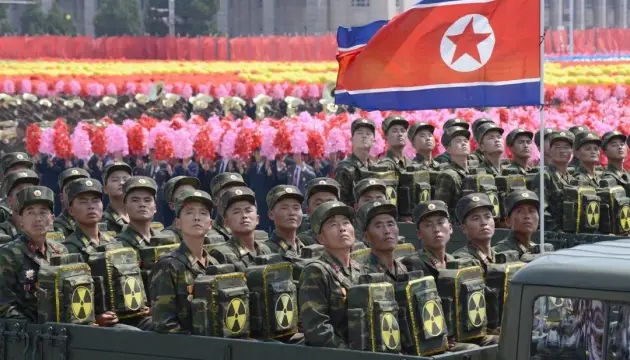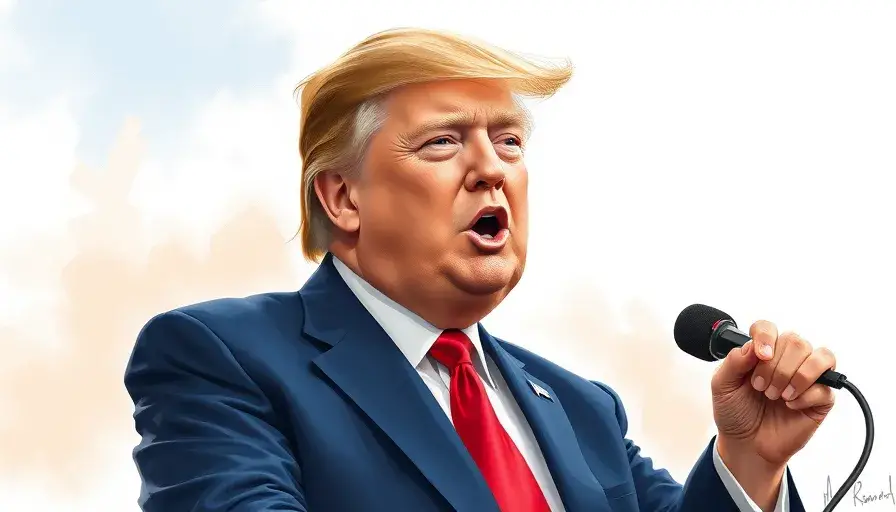How Musk Went from Criticizing Trump to Becoming One of His Main Political Allies

And What to Expect from These Two on the Political Stage
In recent years, the political arena of the United States has become yet another platform where big business players have started to take a more active role. One of the most striking examples of this is Elon Musk's transformation from a critic of Donald Trump to one of his main political allies. This phenomenon not only reflects the complex relationships between business and politics but also demonstrates how ideological and business interests can intertwine, creating new political realities.
From Criticism to Support: How the Relationship Between Musk and Trump Changed
In 2016, when Donald Trump first became president, Elon Musk was not his supporter. At that time, the founder of Tesla and SpaceX described Trump as "not the right guy" to run the country, particularly concerning climate change and energy policy. However, within a few years, Musk not only changed his rhetoric but also began openly supporting Trump.
The reasons for this turn of events can be found in a complex web of personal and business interests. A key factor influencing Musk's change of heart towards Trump was the deterioration of Musk's relationship with the Biden administration. During the early years of Biden's presidency, Musk frequently publicly criticized the administration's policies, particularly regarding unions, which are strongly supported by Democrats. One point of conflict was that Tesla was not invited to a meeting with major auto manufacturers at the White House, which Musk perceived as a personal insult.
Musk also reacted sharply to Biden's economic initiatives aimed at supporting green technologies. Despite Tesla benefiting from these initiatives, Musk began to fear increased competition from GM and Ford, which received government subsidies to develop electric vehicles. Competition in the electric vehicle market intensified, negatively impacting Tesla's profitability. Specifically, the company’s profits fell by 45%, prompting Musk to seek ways to stabilize the situation.
Twitter as a Political Platform
After acquiring Twitter, Elon Musk began using the platform for active political engagement. His actions on the platform went beyond simply supporting Donald Trump. Musk started actively promoting right-wing nationalist ideas and conspiracy theories, notably criticizing the Biden administration's immigration policy, labeling it a threat to national security.
Twitter, which Musk renamed X, became an important political machine for advancing Trump's ideas and criticizing Democrats. Many accounts supporting racist and xenophobic ideas were unblocked on the platform. This was part of Musk's strategy to uphold "freedom of speech," which he viewed as a means to combat censorship from the left and globalists.
However, this "freedom of speech" proved to be selective. For example, accounts supporting Kamala Harris or democratic initiatives were subjected to bans or marked as spam. Thus, Musk effectively transformed X into a tool of political propaganda that served the interests of Republicans and Donald Trump personally.
Musk's Business Interests in the Context of Elections
Musk's political support for Trump has deep economic roots. For Musk, Trump's return to power signifies not just political advantage but also significant business opportunities. One of the key issues for Tesla and SpaceX is investigations by government regulators. Under Biden's presidency, several federal agencies, including the Department of Justice and the Securities and Exchange Commission, began investigations into Musk's companies.
On the other hand, Trump's victory could lead to a relaxation of federal oversight over Tesla and SpaceX's operations and help halt these investigations. Furthermore, Republicans are calling for increased investment in space research, opening new opportunities for SpaceX. For instance, the U.S. Space Command plans to allocate an additional $12 billion for projects related to the development of new satellites, which is a crucial area for SpaceX.
The Impact of the Political Situation on Tesla
A key concern for Musk remains the situation in the electric vehicle market. The Biden administration actively supports the development of this market; however, competition from other manufacturers, particularly GM and Ford, poses a threat to Tesla. Musk is trying to maintain Tesla's market leadership, but declining sales and intensified competition from Chinese manufacturers negatively affect the company's position.
Musk does not hide the fact that the repeal of the Inflation Reduction Act, which stimulates the development of electric vehicles, would be catastrophic for Tesla's competitors but would help him maintain market leadership. This law provides support to many electric vehicle manufacturers, strengthening their positions in the market. However, Musk and Trump seem to share a common goal: to dismantle this regulatory infrastructure and revert to an older market model where Tesla dominated.
Musk and Geopolitics
Interestingly, Musk's political activity is not limited to the U.S. He is actively establishing relationships with other world leaders who are strategically important for his business. In particular, Musk supports Argentine President Javier Milei, as Argentina is one of the world's largest suppliers of lithium needed for Tesla's electric vehicle batteries.
Musk also has close ties with Indian Prime Minister Narendra Modi and former Brazilian President Jair Bolsonaro. These countries are important partners for Tesla and SpaceX, and Musk actively supports their political ambitions, which in turn benefits his business.
Prospects for Musk and Trump
The political collaboration between Musk and Trump could yield significant benefits for both. For Trump, support from one of the richest people in the world is not only a financial advantage but also helps attract an electorate sympathetic to technological progress. Musk, in turn, may gain the opportunity to influence the formation of U.S. political course in a direction conducive to the growth of his business.
However, this collaboration also carries certain risks. For example, conflicts of interest between Musk's role as head of companies with significant government contracts and his potential appointments to government positions could lead to new legal investigations. Analysts point out that such a situation could result in serious political and legal problems for both parties.












